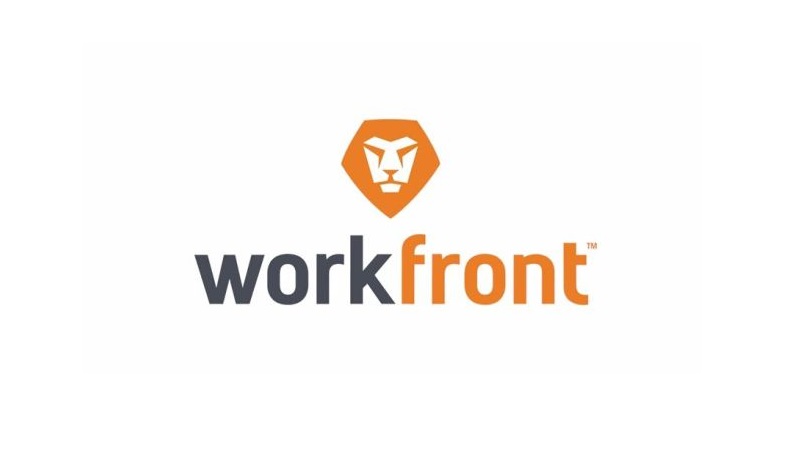Technical abilities overriding core skills in marketing recruitment…
Core marketing capabilities such as copywriting, project management and analytical skills are often overlooked by industry employers, new research from Hays suggests.
83 per cent of the 300 respondents surveyed agree core skills hold more importance in the sector compared to technical skills, despite the ‘Elements of a marketer’ report concluding that too much deliberation is placed on the technical abilities of each recruitment.
Clare Kemsley, managing director at Hays said: “Core skills are vital to all marketers and without them, technical abilities cannot be used to their full potential. Marketing leaders need to consider the ideal mix of skills, within their teams and within themselves, in order to be able to capitalise on the ever-evolving digital world.
“When looking for new roles, candidates should focus on highlighting their core skills and ‘fit’ with the organisation in order to increase their value, and earning potential, with future employers.”
Individuals in middle management positions were found to have the most significant skills gaps, as 21 per cent admit to struggling with strategic thinking and 14 per cent on analytical skills.
Some employers did, however, indicate they would be willing to pay higher salaries for candidates who hold a strong balance of technical abilities and core skills.
Request a copy of the report here








